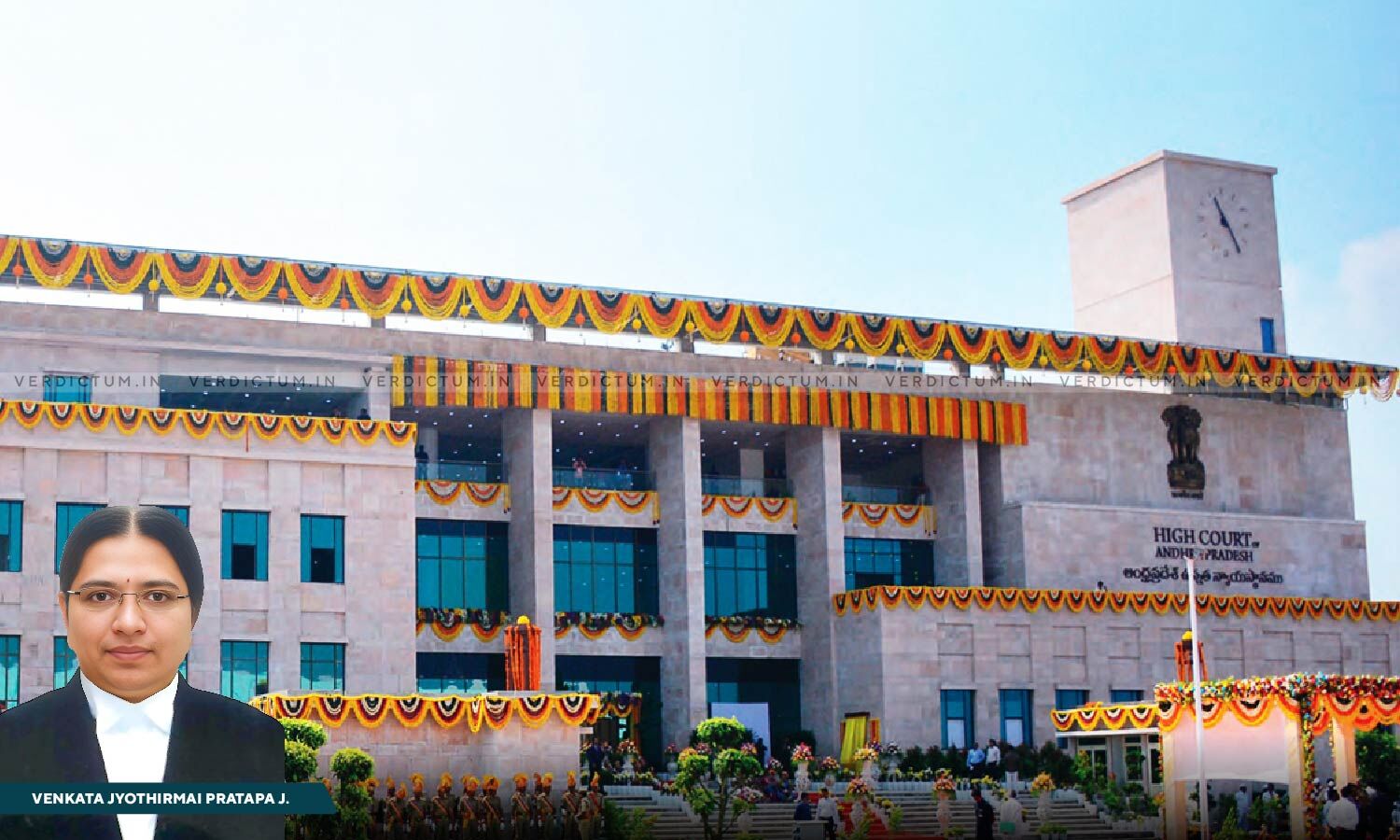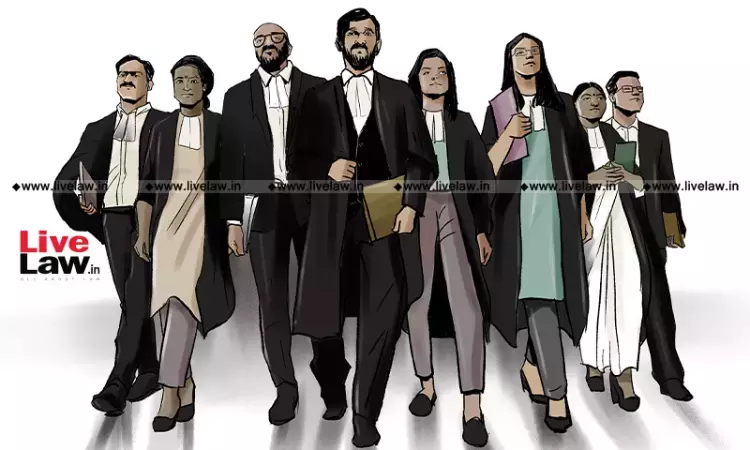Transwoman In Heterosexual Marriage Shall Have Protection U/S 498-A IPC: Andhra Pradesh High Court

The Andhra Pradesh High Court has clarified that a transwoman in a heterosexual marriage shall have protection under Section 498-A of the Indian Penal Code, 1860 (IPC).
The Court clarified thus in Criminal Petitions filed by the accused persons, seeking quashment of proceedings against them for the offence punishable under Section 498-A read with 34 of the IPC and Section 4 of the Dowry Prohibition Act, 1961 (DP Act).
A Single Bench of Justice Venkata Jyothirmai Pratapa held, “The criminal proceedings against the Petitioners/Accused Nos.1 to 4 in C.C.No.585 of 2022 on the file of the Court of II Additional Munsif Magistrate, Ongole for the offences under Section 498-A read with 34 IPC and Section 4 of the D.P. Act, are hereby quashed. This Court makes it clear that, a transwoman, who is a transgender, being in heterosexual marriage, shall have protection under Section 498-A IPC.”
The Bench said that the Respondent being a transwoman in a heterosexual relationship, cannot be deprived of her right to lodge a complaint against her husband or the relatives of her husband for the alleged offences.
“To deny a trans woman the status of a ‘woman’ for the purpose of legal protection under Section 498-A IPC solely on the ground of her reproductive capacity is to perpetuate discrimination and to violate Articles 14, 15, and 21 of the Constitution. Such a contention, therefore, deserves to be rejected at the outset”, it further observed.
Advocate Thandava Yogesh appeared for the Petitioners while Assistant Public Prosecutor (APP) K. Priyanka Lakshmi appeared for the Respondents.
Case Background
As per the Respondent-Complainant’s case, she was originally a male and having transitioned to female, became a woman. While residing in Chennai, she became acquainted with the Petitioner-accused (husband) and their acquaintance developed into a romantic relationship. Despite being aware that she was a transgender woman, the accused continued the relationship with her. Upon learning about their affair, the other accused (family members) lodged complaints against her. In 2018, the accused husband informed the Respondent that he had convinced his parents about their relationship and consequently, they began living together. In 2019, they both executed a Memorandum of Understanding (MOU) and subsequently got married at Arya Samaj, in accordance with Hindu rites and customs.
Allegedly, at the time of marriage, the Respondent’s parents gave an amount of Rs. 10 lakhs to the accused as dowry along with 25 sovereigns of gold, silver articles weighing 500 grams, and household items worth Rs. 2 lakhs. They both lived together for a few months, but thereafter, the accused went to his parents’ house and did not return. When she tried to contact him, his phone was switched off. When she went to the house of the accused, she discovered that he was present there and his family attempted to send him out of the country. Subsequently, she received a threatening message from the accused’s phone warning her to leave the place or face death. She also received vulgar messages and resultantly, she lodged a Complaint against the accused persons. After completing the investigation, the police filed a charge sheet against them and seeking quashment of the proceedings, the accused persons filed the Petitions before the High Court.
Reasoning
The High Court in the above context of the case, observed, “In view of the foregoing discussion and the judgments referred to supra, this Court is of the view that, Respondent No.2, being a transwoman in a heterosexual relationship, cannot be deprived of her right to lodge a complaint against her husband or the relatives of her husband for the alleged offences. Therefore, the complaint lodged by Respondent No.2 in the present crime for the alleged offences, is maintainable. Accordingly, Point No. (1) is answered.”
The Court noted that the entire complaint does not disclose the prima facie allegations against Accused Nos. 2 and 3 to attract either the offence under Section 498-A IPC or Section 4 of the DP Act and even if the allegations raised in the complaint are taken at their face value and accepted in their entirety, they do not prima facie constitute any offence or make out a case against them.
“Coming to the case of Petitioner/Accused No.4, it is alleged against him that Accused Nos.1 to 3 are acting to the dictates of Petitioner/Accused No.4, who is their relative. Once again, except the said bald and omnibus allegation, there is no material to connect the Petitioner/Accused No.4 with the alleged offence. Nowhere, either in the charge sheet or in the FIR, it is mentioned about the involvement of the Petitioner/Accused No.4 in the commission of the alleged offences. Mere allegation that Accused Nos.1 to 3 are acting to the tunes of Accused No.4, is not a ground to connect him with the alleged offences. The allegation levelled against Accused No.4 is baseless”, it added.
Furthermore, the Court remarked that except bald and omnibus allegations against Petitioners, no prima facie case is made out and all the allegations are either vague or general in nature.
“Therefore, continuation of the impugned proceedings against the Petitioners/Accused Nos.1 to 4 is nothing but an abuse of process. In such circumstances, this Court is of the view that there are justifiable grounds to exercise the inherent powers under Section 482 Cr.P.C to quash the criminal proceedings. Accordingly, Point No.(2) is answered”, it also said.
Accordingly, the High Court allowed the Petitions and quashed the proceedings against the accused persons.
Cause Title- Viswanathan Krishna Murthy v. The State of Andhra Pradesh & Anr. (Case Number: CRIMINAL PETITION Nos. 6783, 7064 AND 6830 OF 2022)




